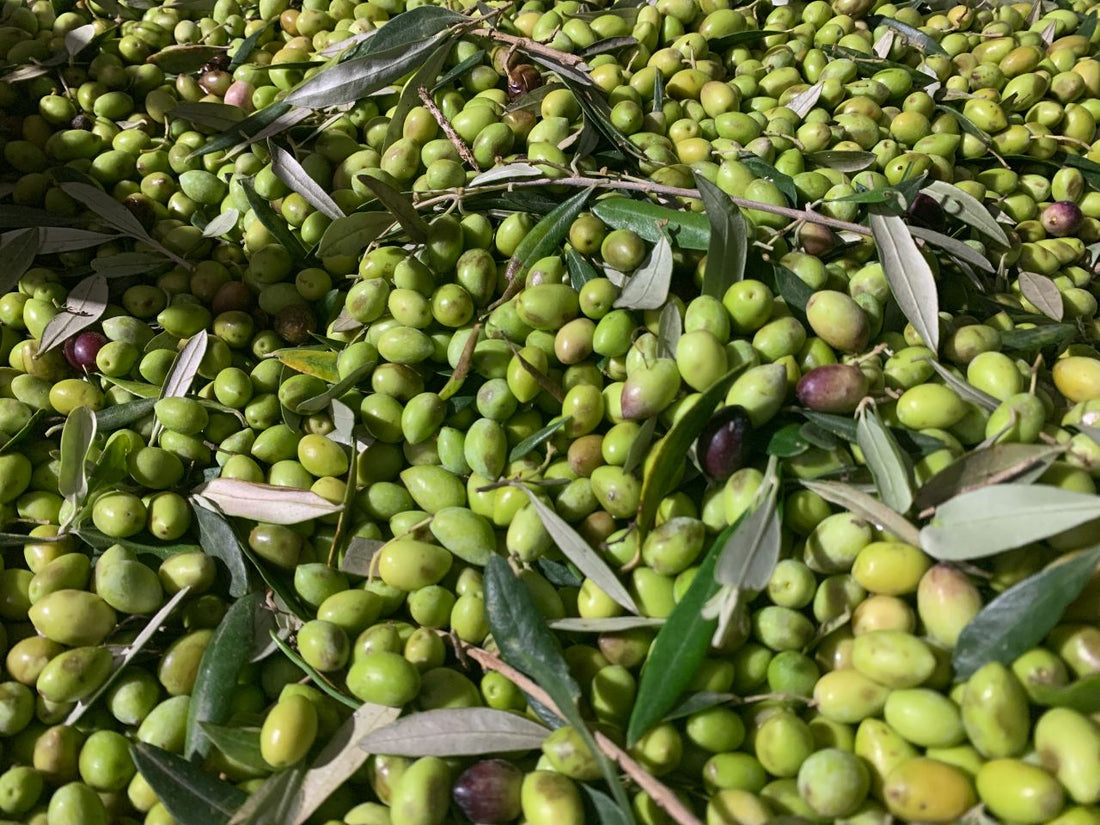
History of Greek Olive OIl
Share
The history of Greek olive oil stretches back over 4,000 years, making it one of the oldest cultivated products in the Mediterranean. Olive trees were first domesticated on the island of Crete around 3500 BCE, during the Early Minoan period, and soon became a staple of ancient Greek life. The olive tree was not only a source of food but also held significant cultural and economic importance.
In ancient Greece, olive oil was a symbol of prosperity, health and peace. It was used for cooking, medicine, religious rituals and cosmetics. The Greeks believed that the goddess Athena gifted the olive tree to humanity, and this myth is central to the founding of Athens, where the olive tree was sacred. Olive oil production and trade were integral to the economy of ancient Greek city-states. Evidence from archaeological findings shows large-scale olive oil production facilities in Minoan and Mycenaean civilizations, with amphorae used to store and transport the precious oil across the Mediterranean.
During the Classical period (5th–4th centuries BCE), olive oil became a highly prized export product. It was traded throughout the Mediterranean, reaching as far as Egypt and the Iberian Peninsula. Ancient Greeks also used olive oil in their famous Olympic Games, where athletes would anoint their bodies with oil before competitions.
The Byzantine and Ottoman periods saw a continuation of olive oil production in Greece, with traditional methods passed down through generations. Today, Greece remains one of the world’s leading olive oil producers, and its extra virgin olive oil is globally renowned for its quality and purity. Olive oil is still a vital part of Greek culture, diet, and economy, continuing a rich tradition that began millennia ago.
The Greek House Interiors is proud to offer a selection of exceptional Greek Extra Virgin Olive Oils which can be seen here.


